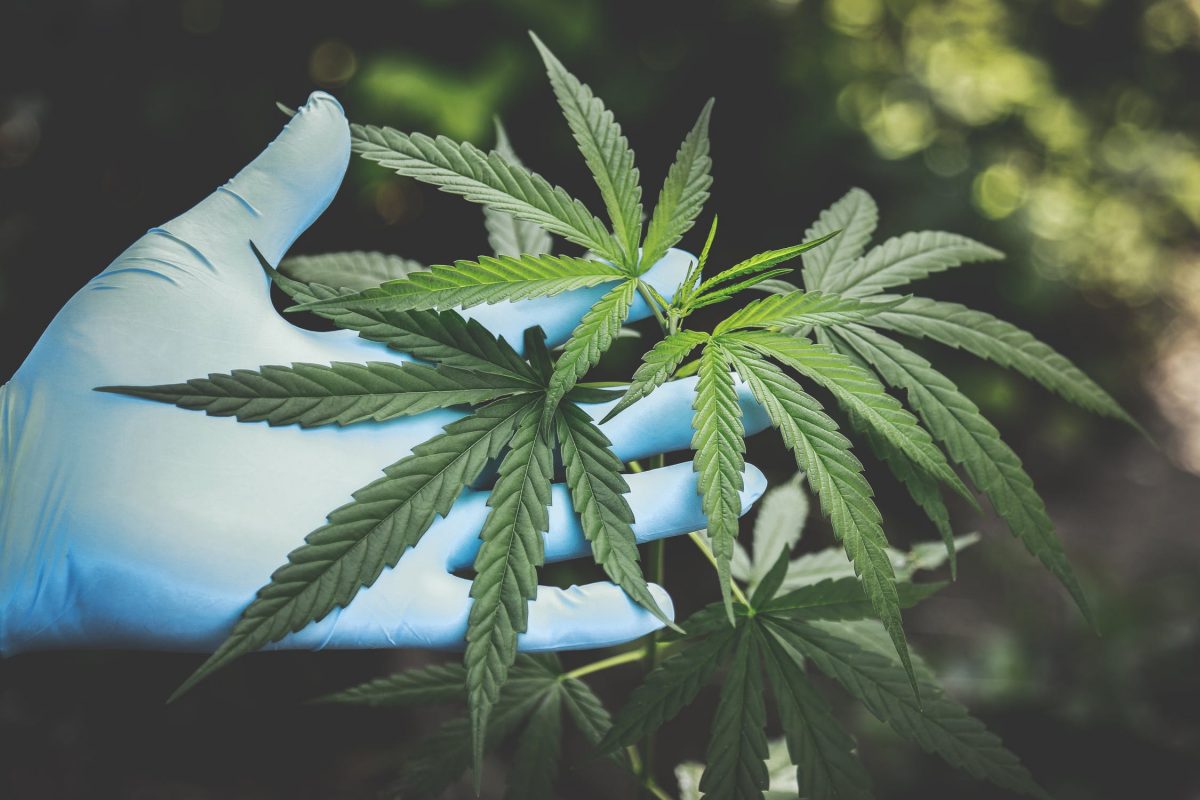The agreement between the European Union (EU) and Mercosur may prohibit the nomenclature of some products in the bloc of which Brazil is part due to the chapter dealing with Intellectual Property Rights. Cognac, such as Dreher, different proseccos and Budweiser beer must have to gain new names because of Geographical Indications (GI), used in commodities that have a specific origin and possess qualities or reputations that are due to that location, and a of the main obstacles in the negotiations that have dragged on for 20 years.
According to a document released on Monday in Brussels, the European bloc will have 355 regional food and beverage products protected by this distinction, while the South American side will have 220 recognized delicacies. This means that nomenclature for non-genuine products of such a GI shall be prohibited and expressions such as “type”, “made in”, “style”, “imitation” or similar shall not be permitted. The agreement protects the misleading use of symbols, banners or images, suggesting a “false” geographical origin.
The term “cognac” is used only for the beverage produced in the Cognac region of western France. All other similar beverages are sold as “brandy”. In Brazil, the term is used interchangeably, but it has to be renamed: protection has been reinforced by the possibility of defending rights through administrative enforcement, including measures taken by customs officials at the border. The applicable sanctions range from court injunctions that prevent unauthorized use for the payment of damages and fines or, in serious cases, imprisonment.
In some cases, transitional periods have been granted to local producers to cease the use of the name within a certain period, which has not been revealed by either party. There are a very limited number of exceptions, under the so-called “grandfathering principle”, which were granted to pre-identified producers who had already sold products with these names on the market for some years. These companies may continue to use the name subject to approval.
Budweiser
In 2010, the European Court of Justice rejected AB InBev’s application to have the region-wide trademark and exclusive use of the Budweiser name for beers and other beverages because Budvar of the Czech Republic owns the trademark rights in the Austria and Germany. Both beers have been around for over 100 years. Budvar maintains that it holds the right because its beer comes from the Czech city Ceské Budejovice, or Budweis, in German. The strategy seems even more sagacious because restrictions are also placed on the marketing of these items with third countries, which may include Brazil.
Protected Products
Currently, the Brazilian Patent and Trademark Office (BPTO) – linked to the Ministry of Economy – recognizes nine denominations of foreign origin, seven of them European. Among the items highlighted by the EU after the signing of the agreement, the new products include Tyrolean ham (Austria), Herve cheese (Belgium), Munich beer (Germany), Comté cheese (France), parma ham (Italy), Polish vodka, São Jorge cheese (Portugal), tokaji wine (Hungary) and jabugo ham (Spain).
On the Mercosur side, some of the products include wines from Mendoza (Argentina), and cachaças from Paraty (RJ), Salinas (MG) and Abaíra (BA). The list of cheeses does not come close enough to the dozens of protected dairy products of Europeans but includes the Canastra and Serro (MG) cheeses, as well as the Witmarsum Colony (PR). Based on the “open lists” principle, the agreement will allow new names, from both parties, to be added after the entry into force.
According to the Ministry of Agriculture, GI’s “identify a product as originating in a country, city, region or locality of its territory, where a particular quality, reputation or another characteristic of the product is essentially attributed to its geographical origin”. They arose as producers, traders, and consumers began to identify that certain products from certain places had particular qualities attributable to their origin. Distinguishing products and services through geographical indications promotes the promotion of the region, adding value and communication to the market regarding attributes of quality, typicality, tradition and cultural heritage.
News from: Correio do Povo




